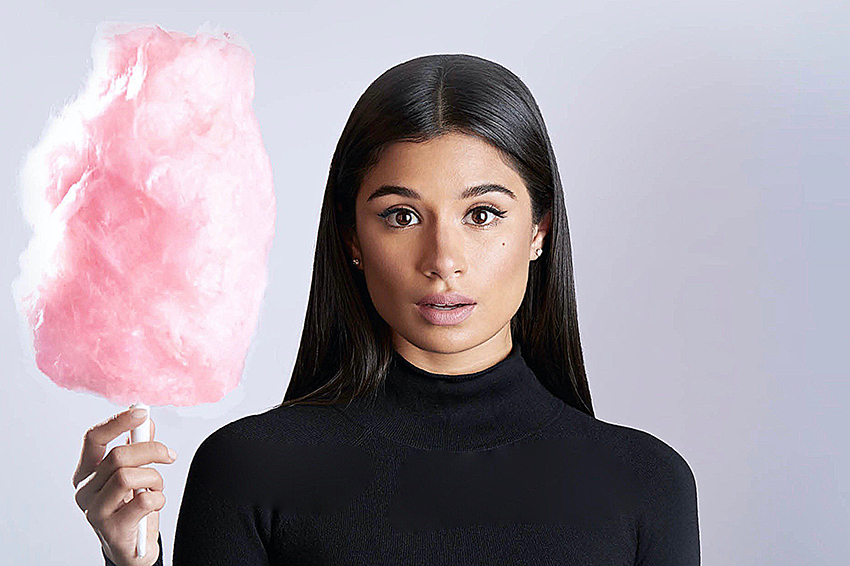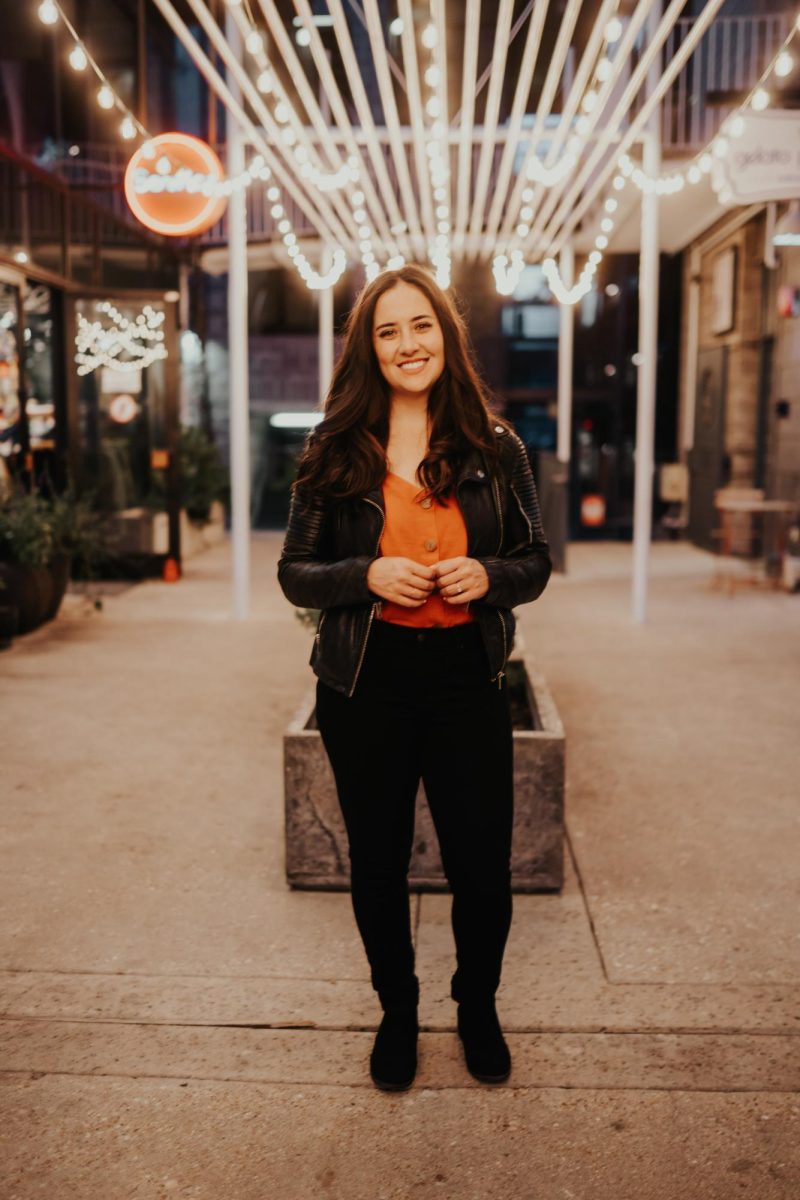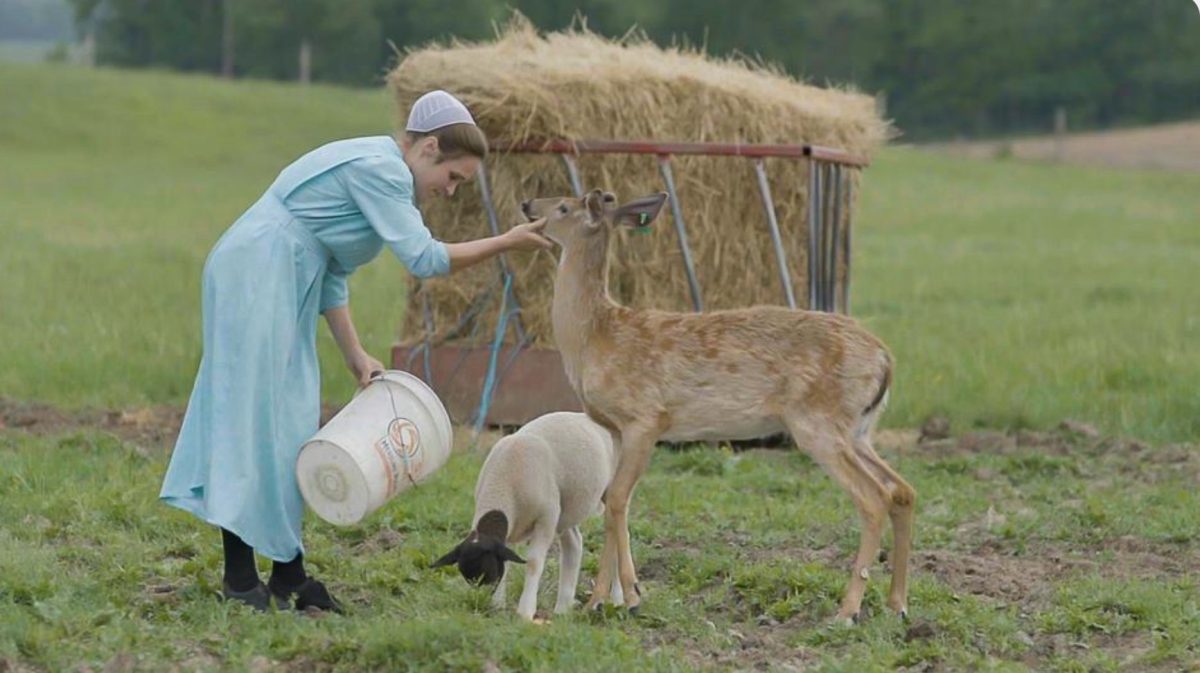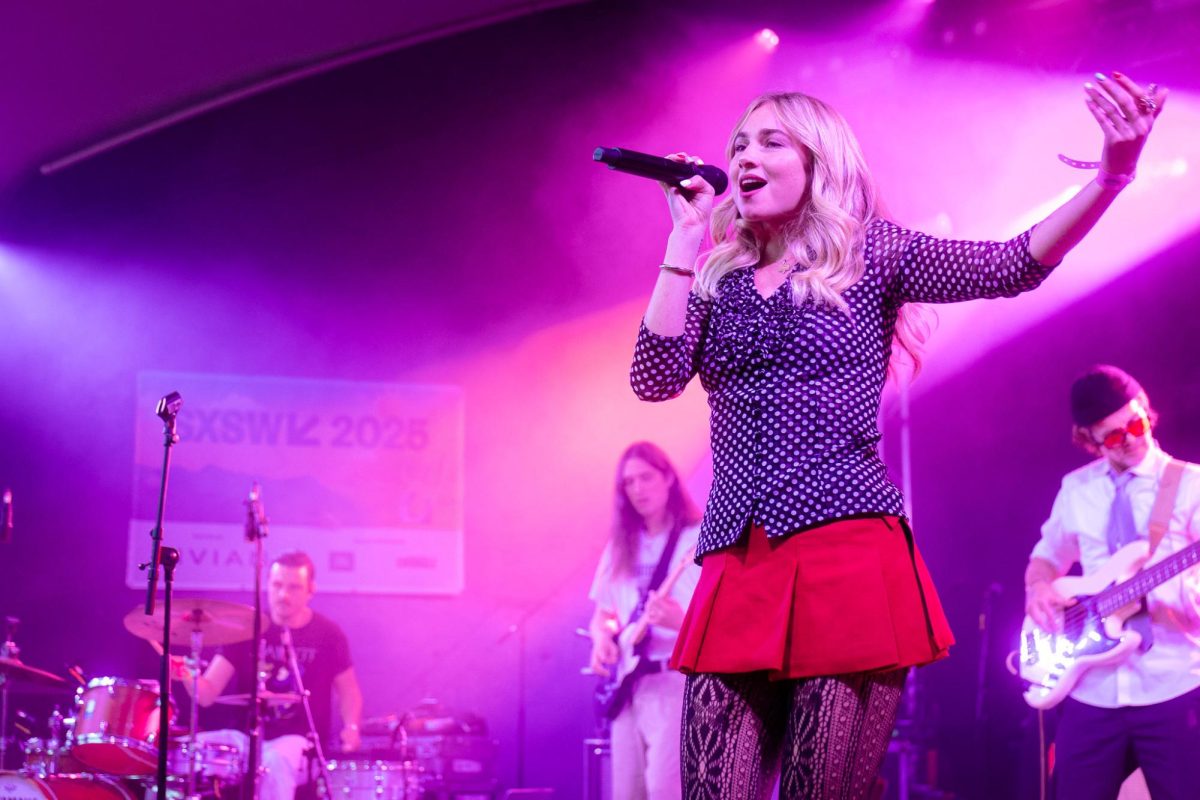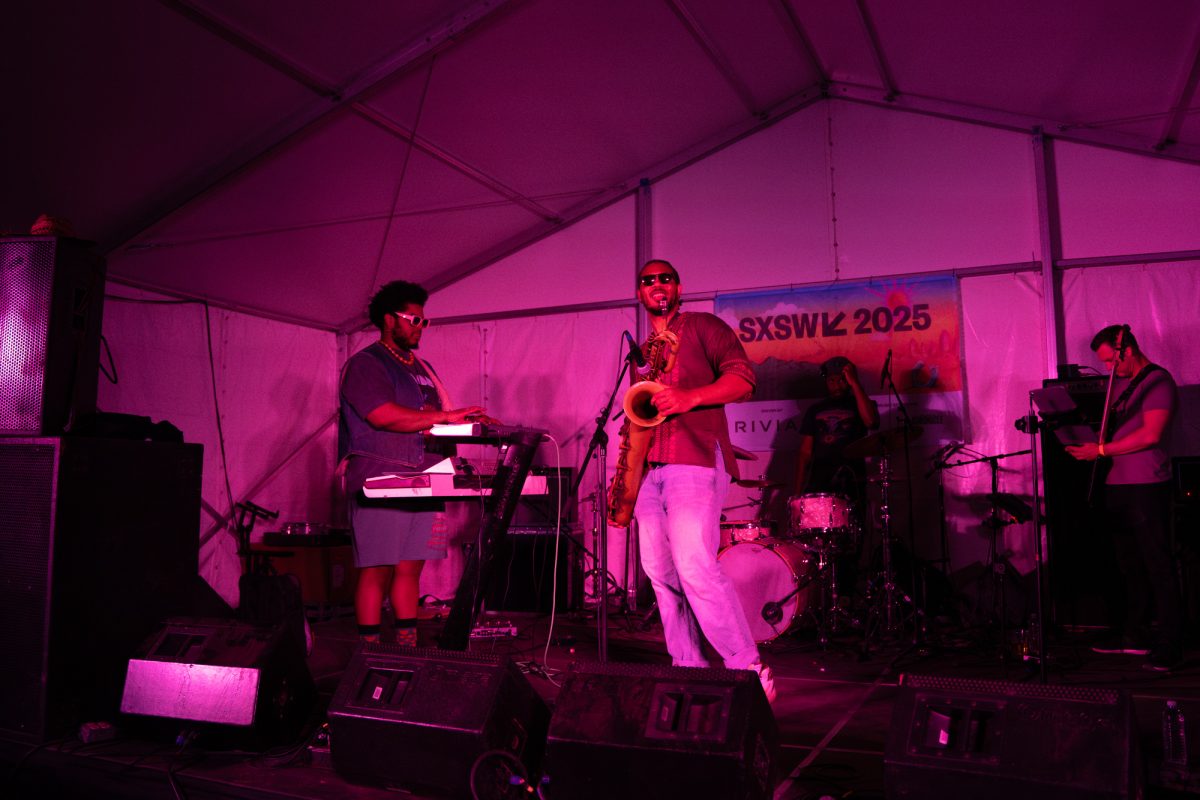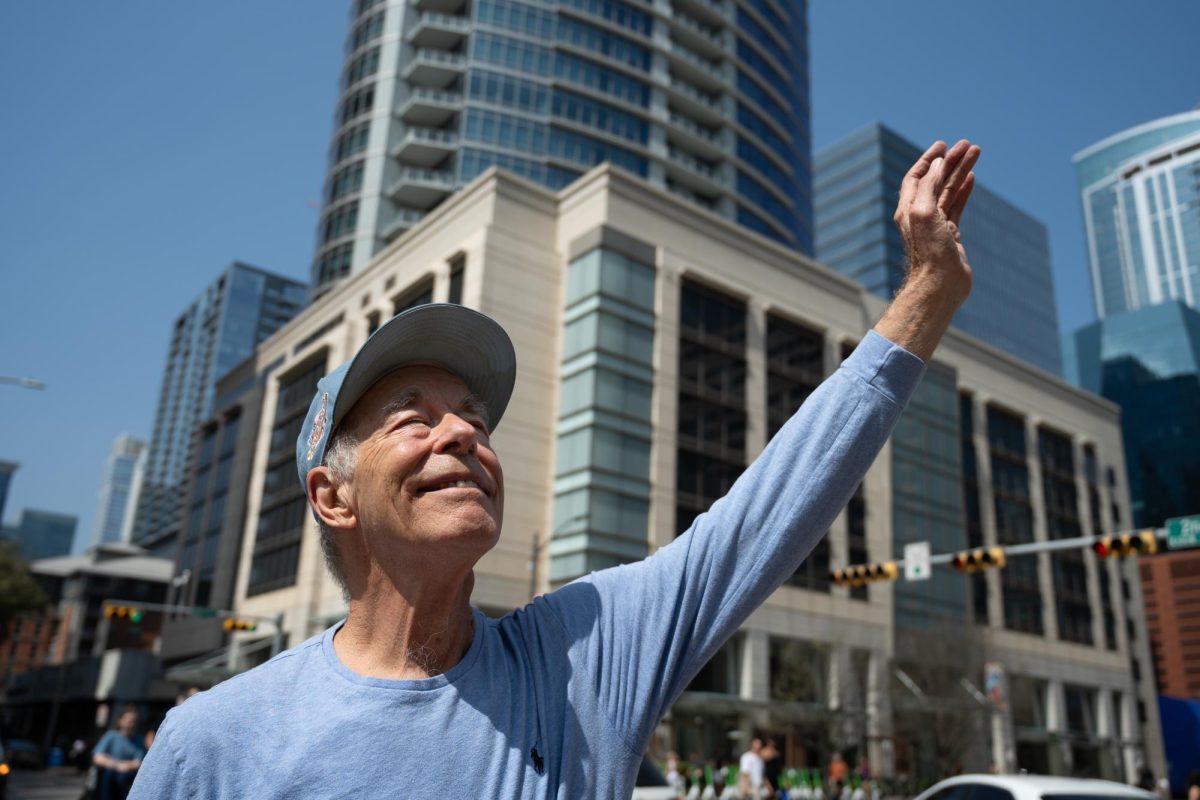At 14, actress Diane Guerrero came home to an empty house. Uncooked food sat on the stove, coffee cooled in a cup on the table — everything stood perfectly suspended in time. This is the scene Guerrero describes in her memoir "In the Country We Love: My Family Divided," moments before she learned her parents had been detained and were being deported to Colombia.
The Daily Texan spoke with Guerrero about her memoir and the recently announced CBS series, "In the Country We Love," based on the book.
The Daily Texan: What prompted you to finally share your story with everyone?
Diane Guerrero: I hid my story for a long time, not just from others but from myself. I didn’t really want to talk about it because I grew up being afraid to. It was such a taboo subject if you were an immigrant or the daughter of an undocumented immigrant. I really wanted to share my story so others would be able to understand what we were talking about. Before, I think people were just jumping to conclusions and there were stereotypes that defined a whole community and I didn’t think it was fair.
For Latinos and immigrants in general, we come or our parents come from turmoil, poverty, dictators, what have you. You cross your borders, you leave your language, you learn a new one, and sometimes you’re here but you don’t really have a place anywhere. We are some of the most resilient, strongest communities out there. It’s time to empower this community because they are stronger than they know. They have so many great things to contribute this country, and that’s why I wanted to be a part of this narrative — the American narrative.
DT: It was recently announced that CBS is working on a show based on your book. You’re starring as a lawyer for undocumented immigrants, are you hoping your character will be a role model for any young girls watching?
DG: I grew up really watching my folks and my neighborhood. We were a community of survivors and that’s what I looked up to. But on TV, I didn’t see much as far as role models go. I didn’t really see stories out there that were like mine, so it was hard to connect. I lived my life fantasizing what it would be like if I was one of those women that didn’t really look like me. This wave of Latinos that are on television now, that’s what we’re doing. There’s this responsibility we feel so that young girls that look like us and have our experiences can watch TV and see themselves in those roles.
DT: What do you want people get out of this show?
DG: For me, what’s important is to get these stories out there. I know there are so many people who can connect to these stories and so many stories of undocumented immigrants that we’re going to shine a light on. Really it’s just time for us to be included in the narrative. It’s going to be very informative, so I think it’ll be great for people on both sides of the issue.
DT: How do you think the attitudes surrounding immigration have changed since you were a kid?
DG: I feel like there are still the naysayers and obstructionists who are continuing the same rhetoric of hate and malice, but now more than ever there are people who are empathetic and understanding who are starting to see this as a real issue. For a long time, it seemed like people saw immigration as an issue that didn’t touch them or affect them. Now, people are starting to open their eyes, their minds and their hearts and we’re starting to have a real conversation about it. I just hope it doesn’t go away.
I hope it brings about some change and I hope the Latino community and the immigrant community comes out to vote and becomes involved in the process. We’ve seen what happens when we don’t. Families can become separated, we can’t get immigration reform passed, that’s what happens when you don’t vote.
DT: How did your parents’ deportation affect you as a teenager? Were you forced to grow up really quickly?
DG: Of course, I was growing up quickly even before that. When you’re living in a house where you’re in constant fear of your parents being taken away, you’re forced to. You’re a kid, but you’re experiencing anxiety, you’re suppressing certain feelings and compartmentalizing them. You’re no longer thinking about the alphabet, you’re thinking about the knock on the door and wondering if that’s someone who’s going to take mommy and daddy away.
At 14, you’re just learning who you are and now you have to make a choice between going back to a country that you don’t know with your family or you staying and fighting for your life and your goals and your dreams. You’re forced to make a lot of decisions on your own. Unfortunately, some kids who are left behind or have to make the decision to go back, it doesn’t go that well for them. Many times, it didn’t go well for me. I was able to pull through it, but many don’t. That’s why I’m sharing my story, so that others in my position can see how I did and maybe take some of my experiences, the good and the bad, and learn from them.
DT: What would you go back and do differently if you could?
DG: I really thought for a long time that I was the only person this was happening to. I didn’t realize there was a whole group of people going through the same thing. I wish I had been more informed so that I could go to. Things could’ve been different for me and my family if I would’ve taken some steps to face this problem head on. There’s this website called We Belong Together and they have a section where you can go if a parent or loved one has been detained. If you have the information, you can vote, you can make decisions. You just have to realize that you’re not going through this alone. I really wish that I had that mindset when I was a kid. I can’t turn back time, but I can do something about it. I want to change someone else’s life if I can.
DT: What was it that kept you going during that time?
DG: I always had an overactive imagination and had these fantasies of not just surviving, but of living. I had this vision of us being old together, able to talk about everything that had happened to us but also seeing how it helped us get to the place where we are now. That’s what kept me going; this idea of hopefully doing something special that would make them proud, something that was going to put my family back together. We’re still literally torn because we only get to see each other once a year. We no longer have a family unit because that died a long time ago. But, through the work I’m doing, we’re healing as a family.

